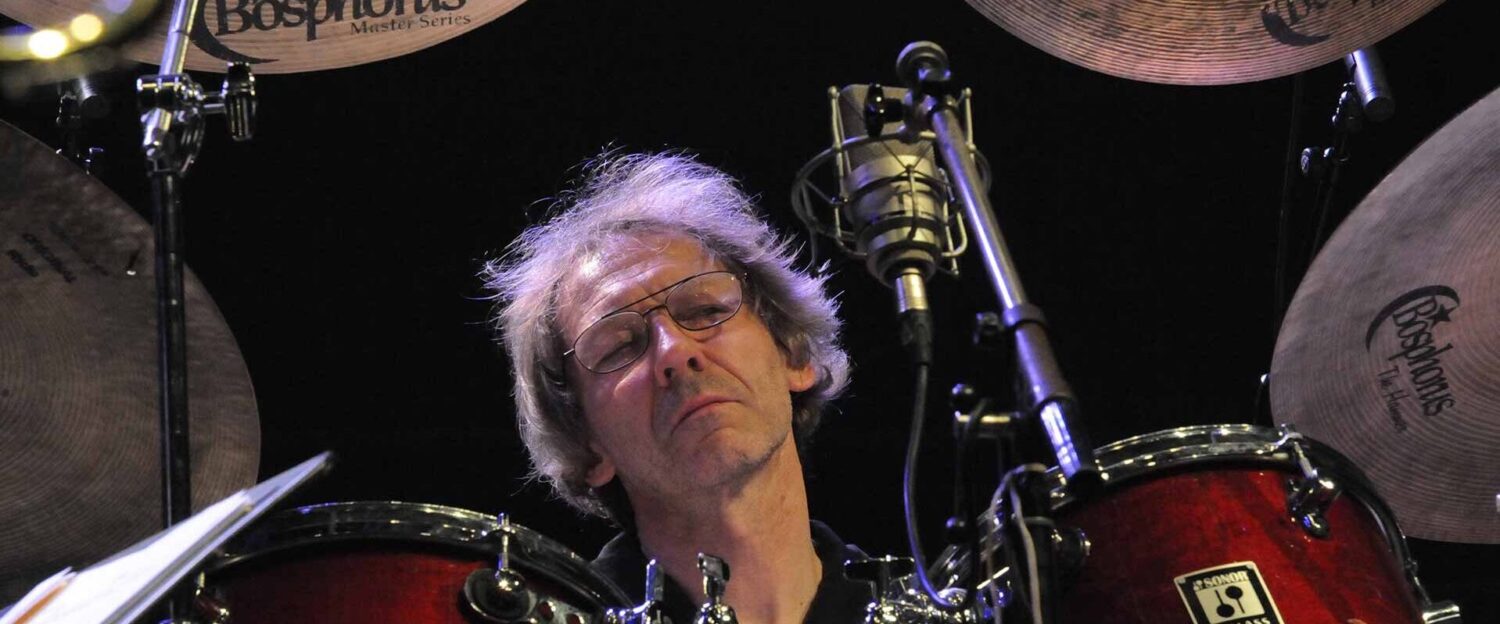The current geopolitical landscape is a veritable nightmare for Europeans, who are still reeling from a relentless surge in inflation that has persisted since the pandemic. This economic strain has impoverished populations and fueled a rise in crime, creating a labyrinthine crisis in which stable majorities have become a rarity in several European nations; France among them, though far from the only one. In the minds of certain politicians, war is undoubtedly seen as a short-term solution to reduce populations. Yet, the debt burden weighing down many European countries renders the prospect of a war against Russia—ostensibly to curb its growing influence; little more than a fever dream. Grand political declarations abound, with the French president, ever a master of disingenuous rhetoric, nurturing ambitions of becoming Europe’s defense leader. But after years of pursuing economic policies that have alienated the very populations they govern, state coffers are running dry.
One must not forget that Europe, far from being a unified entity, remains a fractured mosaic. At best, France, Germany, the United Kingdom, and the northern European nations could align to form a common front—an arrangement that is a far cry from the cohesion of the 27-member bloc. Many of these countries lean pro-Russian or steadfastly refuse to commit to any decisive course of action. France and the United Kingdom, for all their ambitions, lack the financial means to see them through. The true financier of Europe, thanks to its formidable automotive industry, is Germany, which is now engaged in a military buildup of considerable scale. Yet even this, too, is fragile; there is no certainty that the current German government will endure. Germany, like France, teeters on the brink of a rightward shift, a direct consequence of the catastrophic economic policies pursued by mainstream political parties. In fact, across Europe, the most extreme parties—whether on the right or left—have long been bolstered by Russian support.
From a strictly geopolitical standpoint, the current Russian leadership harbors ambitions of reclaiming territories stretching as far as northern Europe and beyond, driven by strategic military considerations. While the specter of Russian forces marching down the Champs-Élysées remains improbable, those who have the most to fear from Moscow’s designs are Germany; whose eastern regions Russia dreams of reclaiming—and the northern European nations, which, given the dire state of European economic cohesion, can rely only on themselves.
Given these dynamics, it becomes clear why Europe has been excluded from negotiations on Ukraine. It is unlikely to ever be granted a seat at the table, as its chronic diplomatic shortcomings cripple its ability to engage in substantive discussions. Indeed, what is Europe, beyond a dysfunctional and farcical bureaucracy? It possesses neither a coherent philosophy nor the capacity to act as a unified force on matters of great societal consequence. Those who clamor for war today are but a minority within the continent, and unless a central European nation were to be struck by a Russian missile, the response will amount to little more than belligerent rhetoric; devoid of action, for lack of financial resources and, above all, unity.
The present geopolitical situation only underscores what Europeans have long known: their continent’s fragility across numerous fronts and its failure to inspire its populations with a shared vision for the future.


